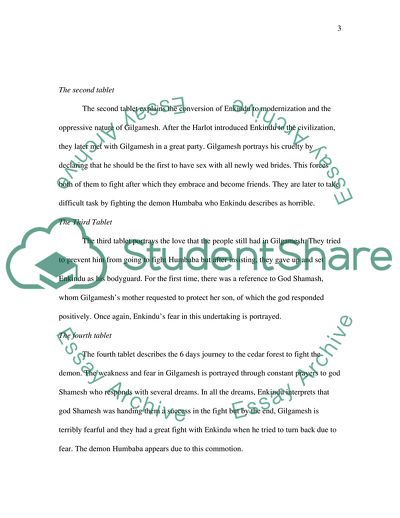Cite this document
(Epic of Gilgamesh Essay Example | Topics and Well Written Essays - 2000 words, n.d.)
Epic of Gilgamesh Essay Example | Topics and Well Written Essays - 2000 words. https://studentshare.org/literature/1742189-epic-of-gilgamesh-p
Epic of Gilgamesh Essay Example | Topics and Well Written Essays - 2000 words. https://studentshare.org/literature/1742189-epic-of-gilgamesh-p
(Epic of Gilgamesh Essay Example | Topics and Well Written Essays - 2000 Words)
Epic of Gilgamesh Essay Example | Topics and Well Written Essays - 2000 Words. https://studentshare.org/literature/1742189-epic-of-gilgamesh-p.
Epic of Gilgamesh Essay Example | Topics and Well Written Essays - 2000 Words. https://studentshare.org/literature/1742189-epic-of-gilgamesh-p.
“Epic of Gilgamesh Essay Example | Topics and Well Written Essays - 2000 Words”. https://studentshare.org/literature/1742189-epic-of-gilgamesh-p.


